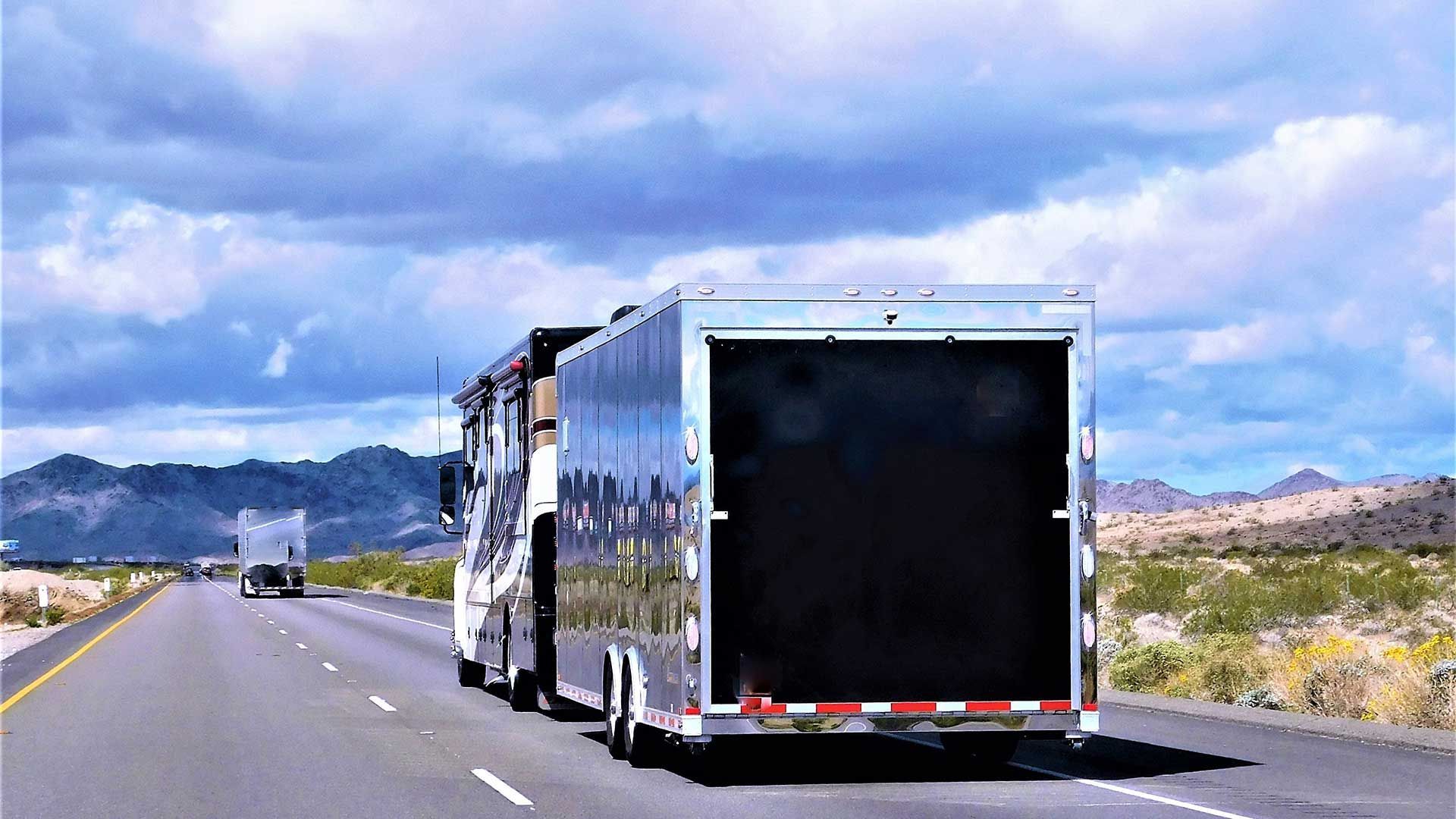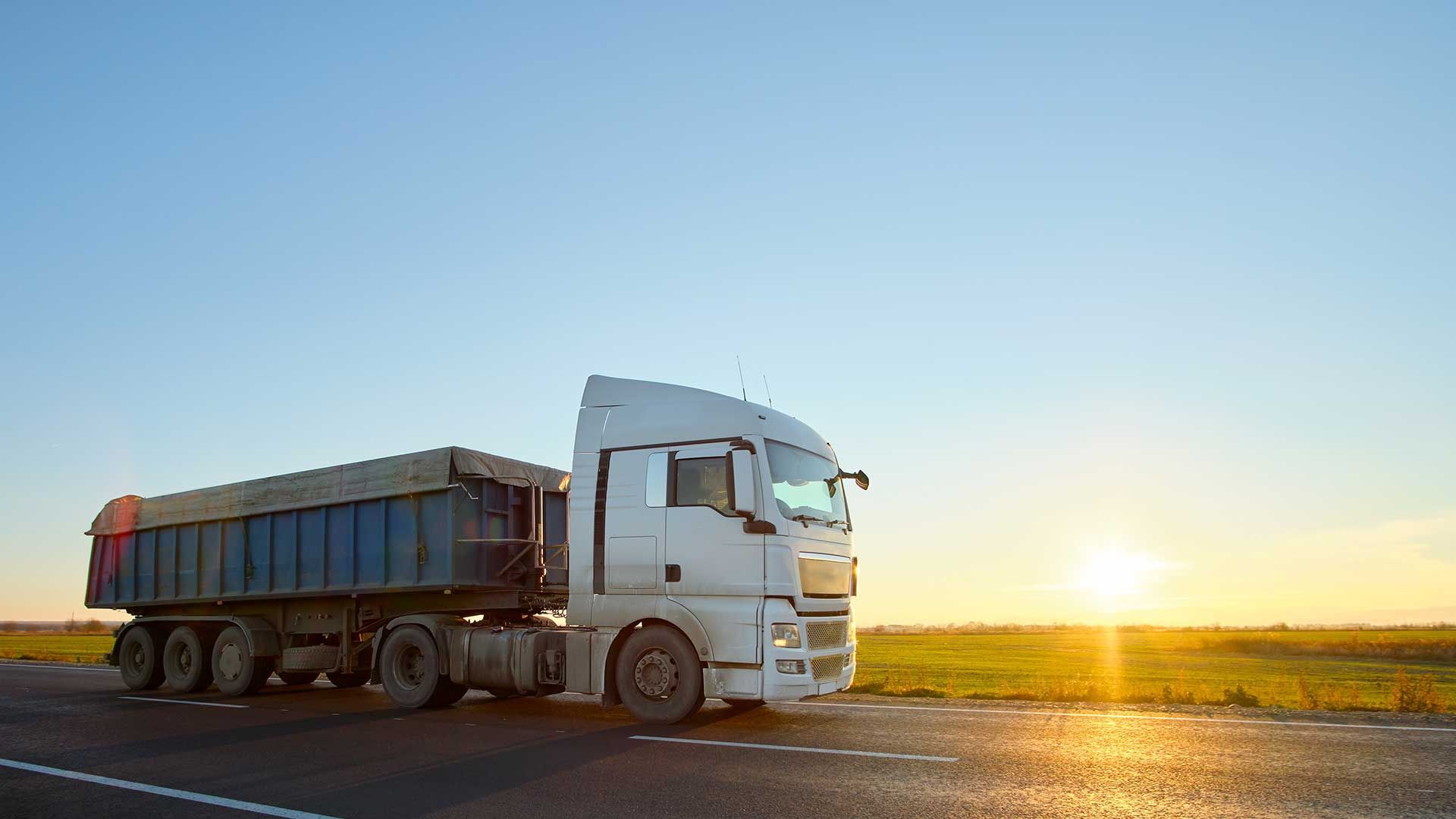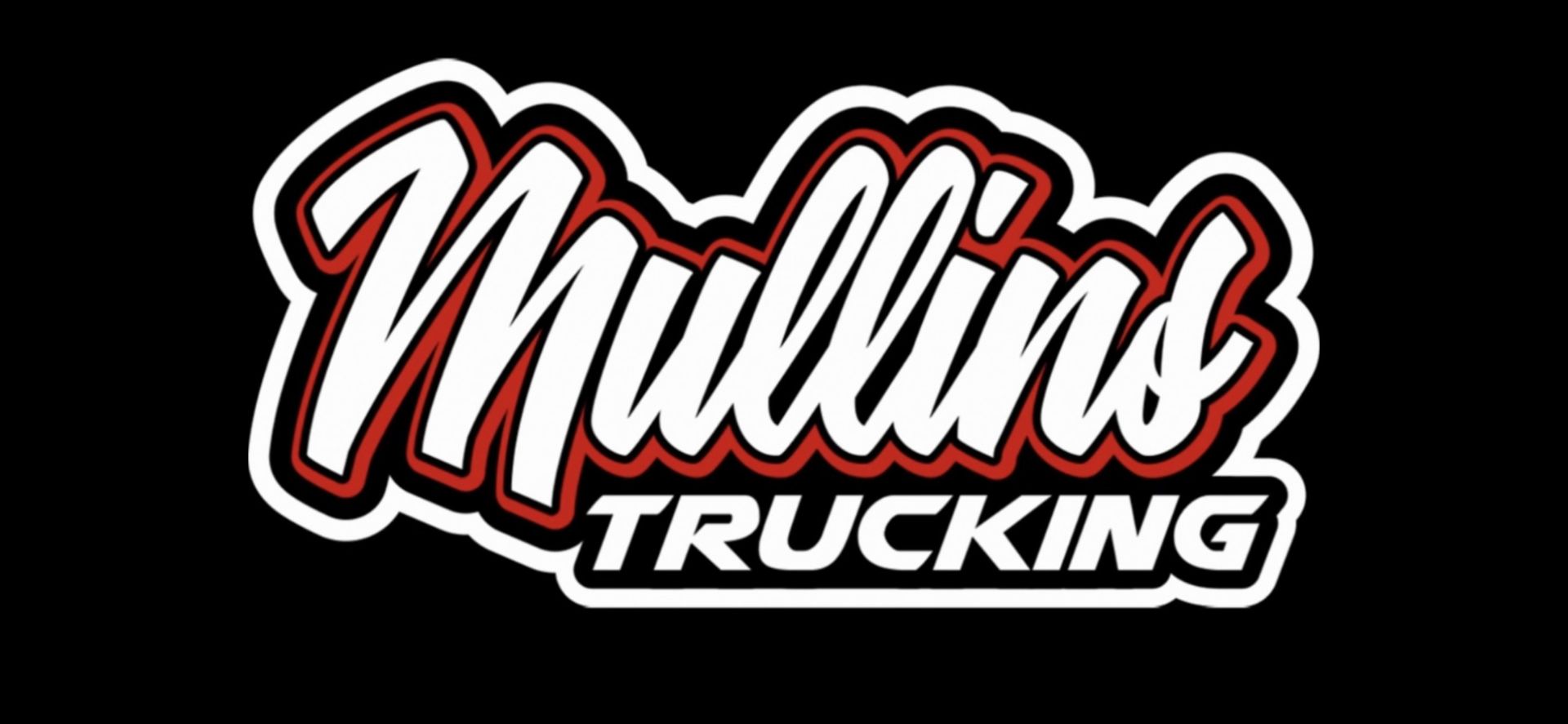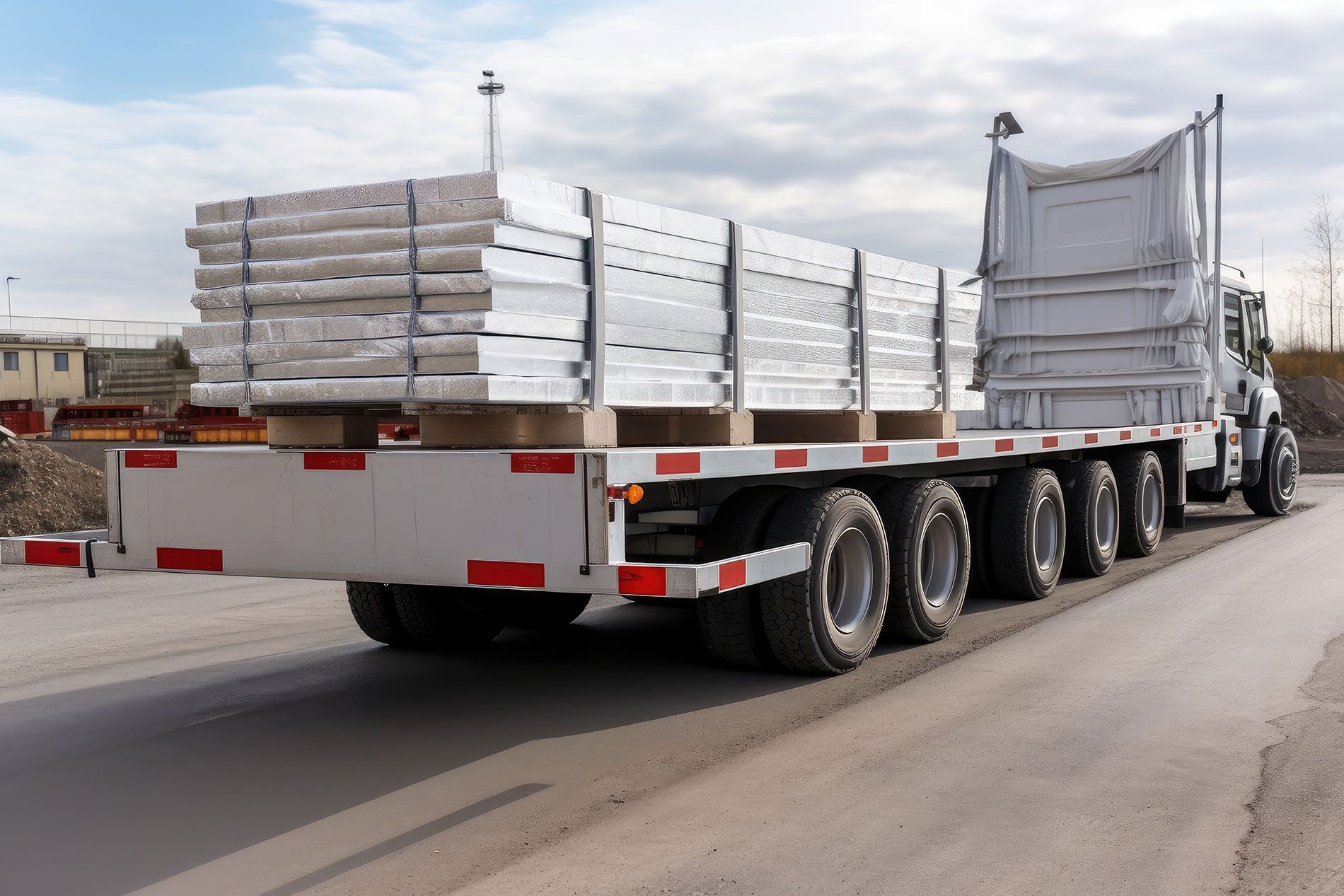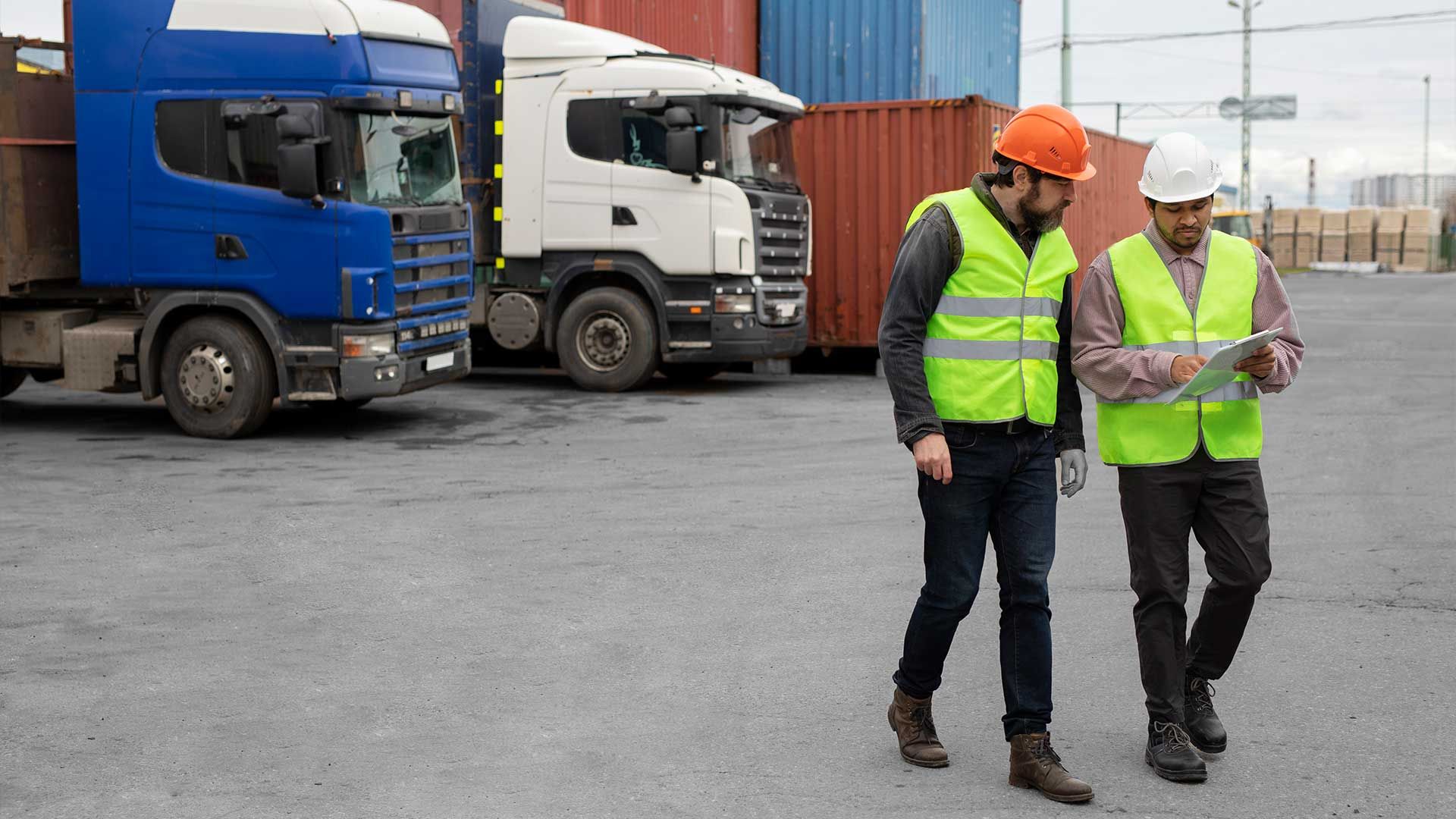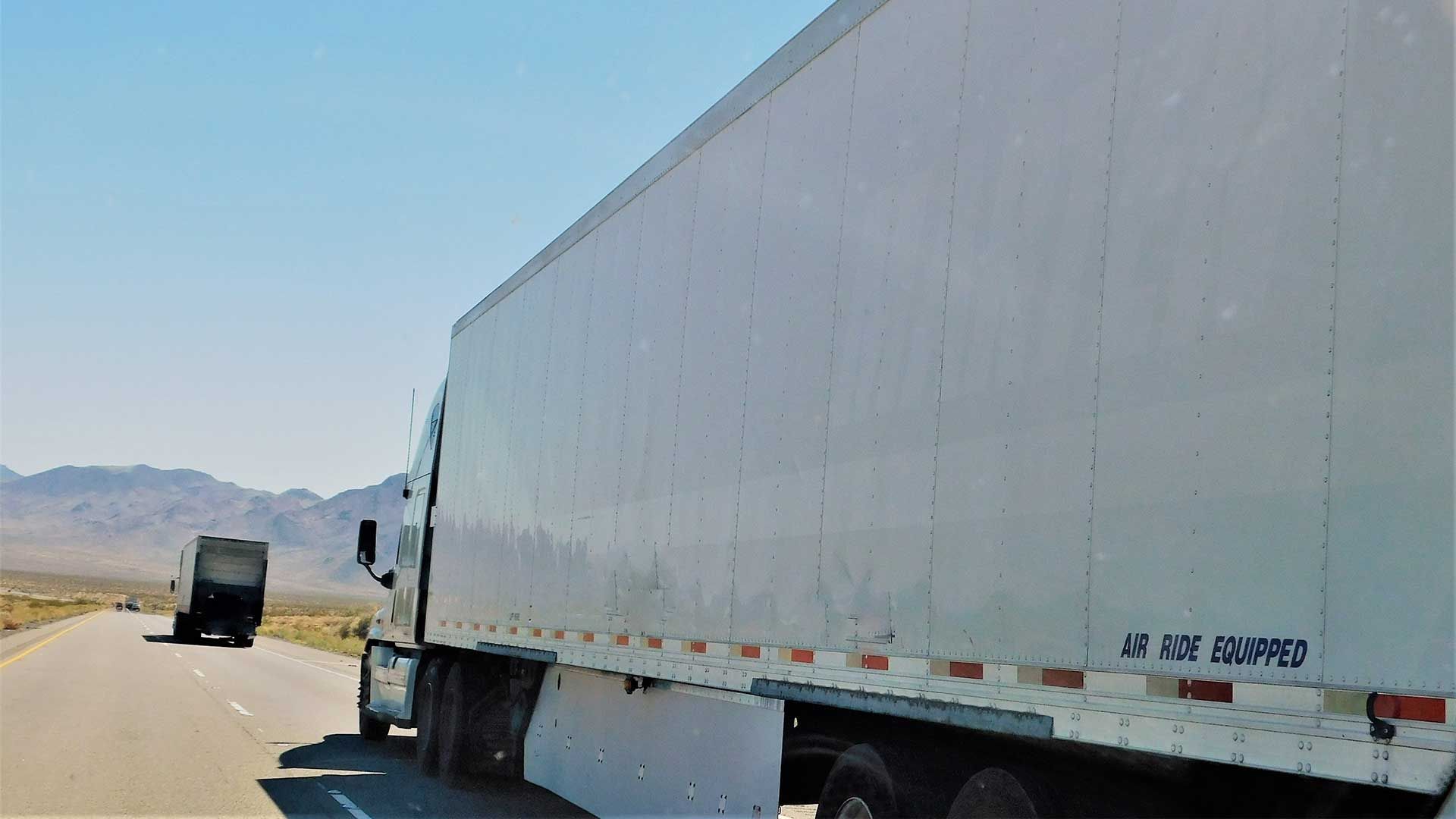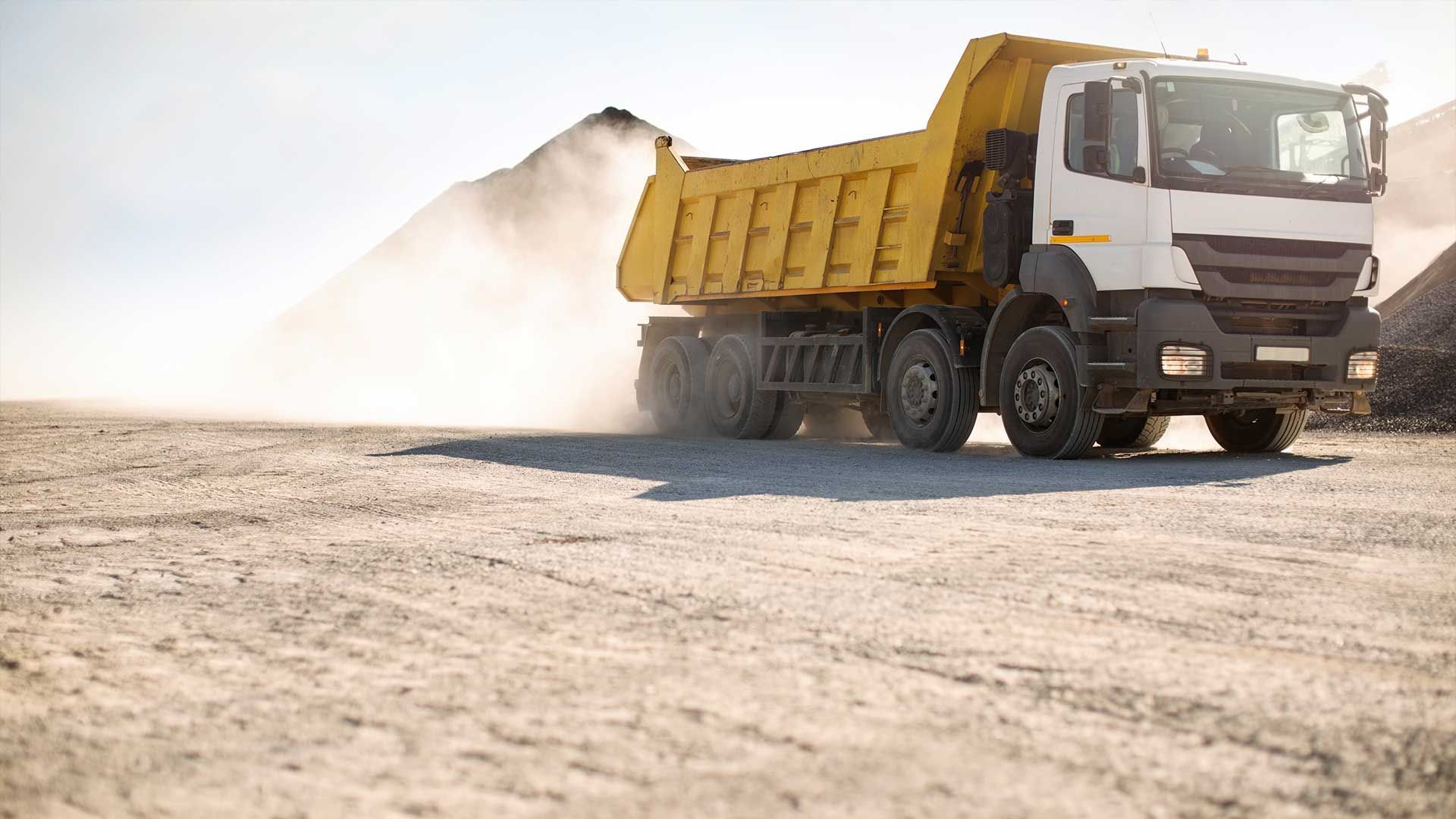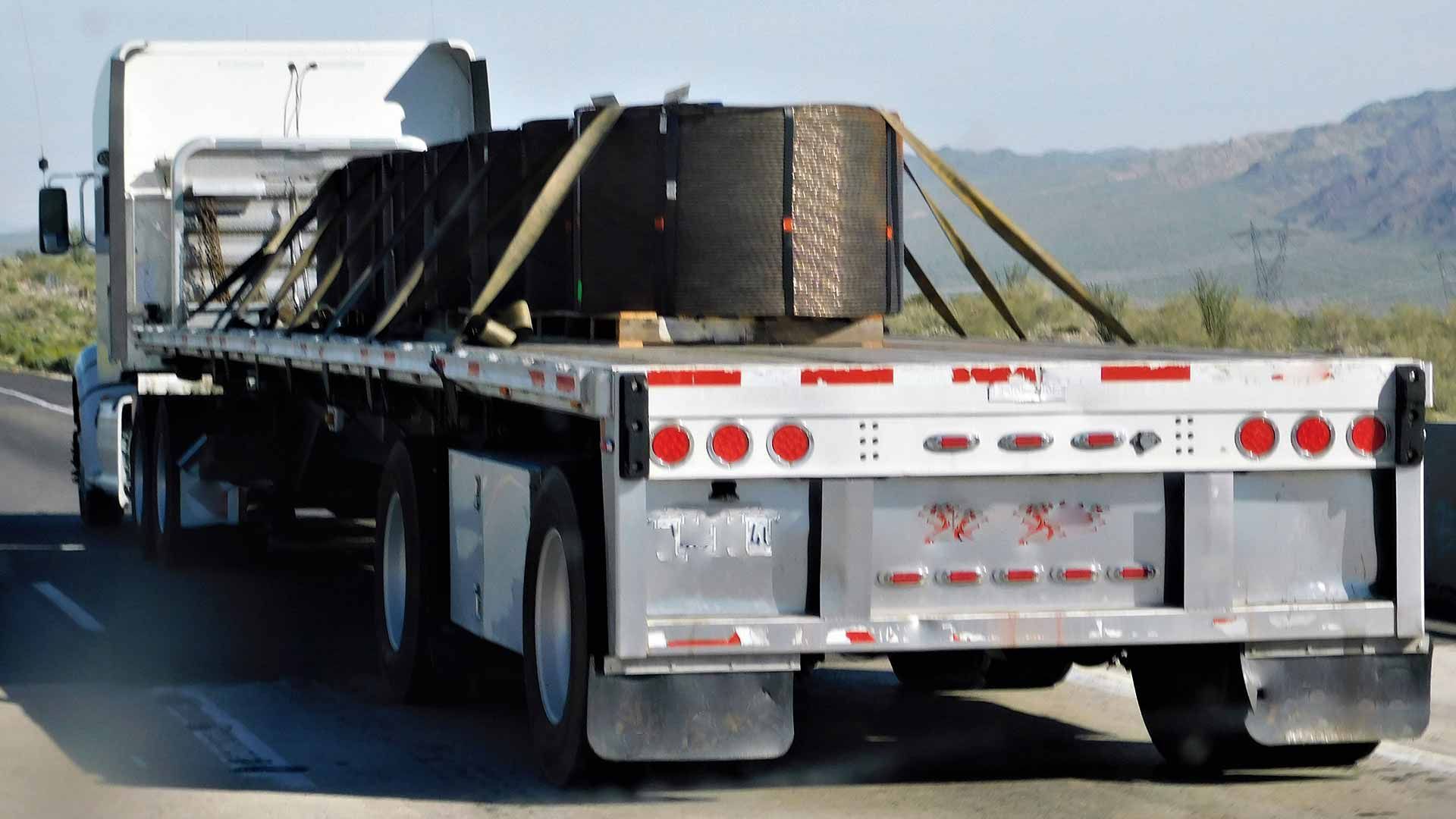The Ultimate Guide to Understanding Trucking Insurance Coverage.
Trucking insurance is an essential safeguard for trucking businesses, providing crucial protection against various risks inherent in the industry. Without adequate coverage, companies face significant financial liabilities in the event of accidents, cargo damage, or legal claims. This comprehensive guide aims to demystify trucking insurance coverage, empowering truckers and fleet managers to make informed decisions about their insurance needs. Throughout this article, we will delve into the different types of coverage available, such as liability insurance, cargo insurance, and general liability insurance. Additionally, we'll explore the factors that influence coverage and rates, offer tips for selecting the right policy, and discuss common pitfalls to avoid. By the end of this guide, readers will have a clear understanding of the importance of trucking insurance and the steps necessary to secure adequate protection for their operations.
Basics of Trucking Insurance
Trucking insurance encompasses a range of policies designed to protect commercial trucking operations from financial losses arising from accidents, theft, or damage. It provides coverage for various aspects of the industry, including vehicles, cargo, and liability. Legally mandated in most jurisdictions, trucking insurance is essential for ensuring compliance with regulations and safeguarding against potential liabilities. Typically, trucking insurance policies include liability coverage, which protects against bodily injury and property damage caused by trucking accidents. Physical damage coverage is also common, providing reimbursement for repairs or replacement of vehicles damaged in accidents or other covered events. Additionally, cargo insurance protects the goods being transported, covering losses due to theft, damage, or spoilage. Understanding these different types of coverage is crucial for trucking companies to adequately protect their assets and operations while complying with legal requirements.
Understanding Coverage Options
Liability Insurance
Liability coverage within trucking insurance refers to the financial protection extended to trucking companies or drivers in the event they are found responsible for causing bodily injury or property damage to others. This coverage is crucial for safeguarding against the potentially exorbitant costs associated with legal claims, medical expenses, and property repairs resulting from accidents. Without liability insurance, trucking businesses could face substantial financial burdens that may threaten their operations or even lead to bankruptcy.
Physical Damage Coverage
Physical damage coverage is designed to protect the truck and trailer itself from damages incurred due to accidents, vandalism, theft, or natural disasters. This type of coverage is vital for ensuring that trucking companies can quickly repair or replace their vehicles, minimizing downtime and maintaining operational efficiency. By covering repair costs or the value of the vehicle in case of a total loss, physical damage coverage provides peace of mind to trucking businesses and helps mitigate the financial impact of unforeseen events.
Cargo Insurance
Cargo coverage offers protection for the goods being transported by trucks. It safeguards against losses resulting from theft, damage, or spoilage of the cargo during transit. Cargo insurance is essential for trucking companies to fulfill their obligations to shippers and customers, ensuring that any financial losses associated with damaged or lost freight are covered. This type of coverage not only protects the trucking company's assets but also helps maintain trust and confidence among clients.
General Liability Insurance
General liability coverage extends beyond trucking-related incidents to provide protection for non-trucking-related occurrences. It covers third-party bodily injury or property damage claims that may arise from activities such as slip-and-fall accidents at a trucking company's premises or damage caused by advertising efforts. General liability insurance is crucial for comprehensive risk management, offering broad protection against a wide range of potential liabilities.
Umbrella Insurance
Umbrella coverage serves as an additional layer of liability protection beyond the limits of primary insurance policies like general liability and auto liability. It kicks in when the limits of these primary policies are exceeded, providing extra financial security against catastrophic events or high-value legal claims. Umbrella insurance offers peace of mind to trucking companies by providing extended coverage and ensuring that they are adequately protected against unforeseen liabilities.
Factors Affecting Coverage and Rates
Driving Record and Experience
The driving record and experience of truck drivers play a significant role in determining insurance premiums. Insurance providers typically assess factors such as past accidents, traffic violations, and years of driving experience to gauge risk. Trucking companies with drivers who have clean records and extensive experience may qualify for lower insurance rates due to their lower perceived risk.
Type of Cargo Transported
The type of cargo transported by a trucking company can influence insurance coverage requirements and premiums. Hauling hazardous materials or high-value goods may necessitate specialized coverage due to increased risks. Insurance providers may adjust premiums based on the nature of the cargo and the associated potential liabilities.
Operating Radius
The operating radius of a trucking company, whether it operates locally, regionally, or nationally, affects insurance coverage needs and costs. Companies with larger operating areas may face higher insurance premiums due to increased exposure to risks such as accidents, theft, and cargo damage over longer distances.
Safety Measures and Technology
Implementing robust safety measures and utilizing advanced technologies such as telematics systems and dashcams can positively impact insurance premiums. Insurance providers may offer discounts or lower rates to companies that demonstrate a commitment to safety through measures like driver training programs, regular vehicle maintenance, and the use of safety-enhancing technologies.
Selecting the Right Coverage
Assessing Individual Needs
Before selecting coverage, trucking companies should assess their specific needs based on factors such as the type of operations, the value of assets, and potential risks. Tailoring coverage to individual needs ensures adequate protection without overpaying for unnecessary coverage.
Working with Insurance Agents/Brokers
Seeking assistance from experienced insurance agents or brokers can help trucking companies navigate the complexities of insurance policies, understand coverage options, and obtain competitive quotes from multiple providers.
Reviewing Policy Options and Comparing Quotes
It's essential for trucking companies to thoroughly review policy options and compare quotes from different insurance providers to ensure they are getting the most suitable coverage at the best possible price. Regularly reviewing policies allows companies to make adjustments as their needs evolve and to take advantage of any available discounts or savings opportunities.
Common Pitfalls to Avoid
Underinsuring
One common pitfall in trucking insurance is underinsuring, which occurs when trucking companies purchase coverage that does not adequately protect against potential risks. Underinsuring may lead to financial difficulties in the event of accidents, cargo damage, or legal claims that exceed the coverage limits. To avoid underinsuring, trucking companies should carefully assess their operations, assets, and potential liabilities to determine the appropriate level of coverage needed to mitigate risks effectively.
Not Reviewing Policies Regularly
Another mistake often made by trucking companies is failing to review their insurance policies regularly. Over time, business operations may change, new risks may emerge, and insurance needs may evolve. Without regular policy reviews, trucking companies may miss out on opportunities to update their coverage, adjust limits, or take advantage of new insurance products or discounts. Regular policy reviews allow companies to ensure that their insurance coverage remains adequate and aligned with their current needs and circumstances.
Overlooking Endorsements and Exclusions
Trucking companies must carefully review policy endorsements and exclusions to understand the scope of coverage provided by their insurance policies fully. Endorsements are additional provisions that modify or expand coverage, while exclusions are specific situations or risks not covered by the policy. Failing to understand endorsements and exclusions can lead to unexpected coverage gaps or disputes during claims processing. By thoroughly reviewing endorsements and exclusions, trucking companies can make informed decisions about their insurance coverage and avoid potential surprises in the event of a claim.
Tips for Lowering Insurance Costs
Implementing Safety Measures
Implementing robust safety measures is crucial for reducing insurance premiums and minimizing risks in the trucking industry. Trucking companies can invest in driver training programs, adopt safety protocols, and utilize advanced technologies like telematics systems and dashcams to improve overall safety performance. By demonstrating a commitment to safety, companies can potentially qualify for lower insurance rates and mitigate the likelihood of accidents and claims.
Increasing Deductibles
Increasing deductibles can be an effective strategy for lowering insurance premiums in the trucking industry. By opting for higher deductibles, trucking companies assume more financial responsibility in the event of a claim, which often results in reduced insurance premiums. However, companies should carefully assess their financial capabilities to ensure they can afford the higher out-of-pocket expenses associated with increased deductibles.
Shopping Around for Quotes
Shopping around for insurance quotes from multiple providers is essential for finding the most competitive rates and coverage options. Trucking companies should compare quotes from different insurance carriers, considering factors such as coverage limits, deductibles, exclusions, and premiums. By exploring various options, companies can make informed decisions and secure the best possible insurance coverage for their needs while optimizing cost-effectiveness.
Conclusion
Throughout this guide, Mullins Trucking LLC has explored the intricacies of trucking insurance coverage, including liability insurance, physical damage coverage, cargo insurance, general liability insurance, and umbrella insurance. We've discussed factors such as driving records, types of cargo transported, operating radius, safety measures, and technology, all of which influence insurance premiums and coverage needs.
Understanding trucking insurance coverage is paramount for Mullins Trucking LLC to protect its assets, operations, and reputation. Adequate coverage safeguards against financial losses stemming from accidents, cargo damage, legal claims, and unforeseen events. By comprehending the nuances of insurance policies, Mullins Trucking LLC can make informed decisions to mitigate risks effectively and ensure business continuity.
Mullins Trucking LLC is encouraged to take proactive steps to review its insurance policies regularly, assess evolving needs, and explore coverage options. By working with experienced insurance agents and brokers and shopping around for quotes, Mullins Trucking LLC can secure the most suitable coverage at competitive rates. Proactively managing insurance needs ensures peace of mind and financial security for Mullins Trucking LLC. For further assistance, contact Mullins Trucking LLC at 606-794-0824.
FAQs
